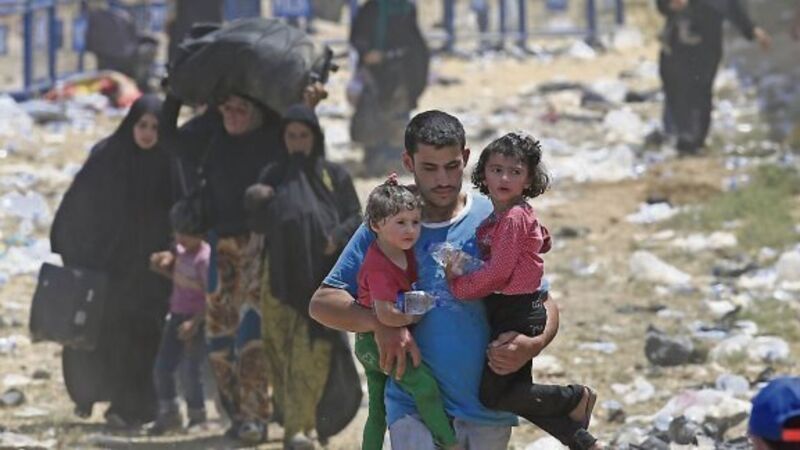Displacement of peoples at its highest since WW2

MOHAMAD and his wife, Sara, knew they had to leave their home in Syria. “We were gathering outside and, suddenly, a big bomb came from behind,” Mohamad says. “It was very close, no more than 20 or 30m.”
Their home was destroyed and their cousins were killed. They had no choice but to leave, in search of safety, and have been unable to return as the war continues.
















